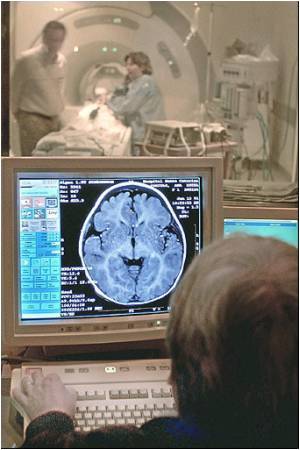Brain activity of depressed mothers is significantly different from healthy moms, claims a study published online in the journal Social Cognitive and Affective Neuroscience.

There was also notably little brain activity in a region called anterior cingulate that enables the mother to evaluate information, plan and regulate a response to emotional cues – her baby’s cry.
Heidemarie Laurent, an assistant professor at the University of Wyoming, said that this shows that healthy mothers want to respond to their babies whereas depressed mothers lack that response.
Jennifer C. Ablow, professor of psychology at University of Oregon, commented that a mother's emotional response requires the coordination of multiple brain systems and moms who are able to process and act on their infants' cries have more sensitive interactions with their infants, which allow the infants to develop their own emotional regulation capacities. In fact, the mother’s response affects her child’s development.
The researchers’ next plan of action is to follow women during their pregnancy and through their first year of motherhood to understand better the brain activity and its impact on the bonding between the mother and her baby.
The present study could target the treatment methods for depression in new mothers.
 MEDINDIA
MEDINDIA




 Email
Email









